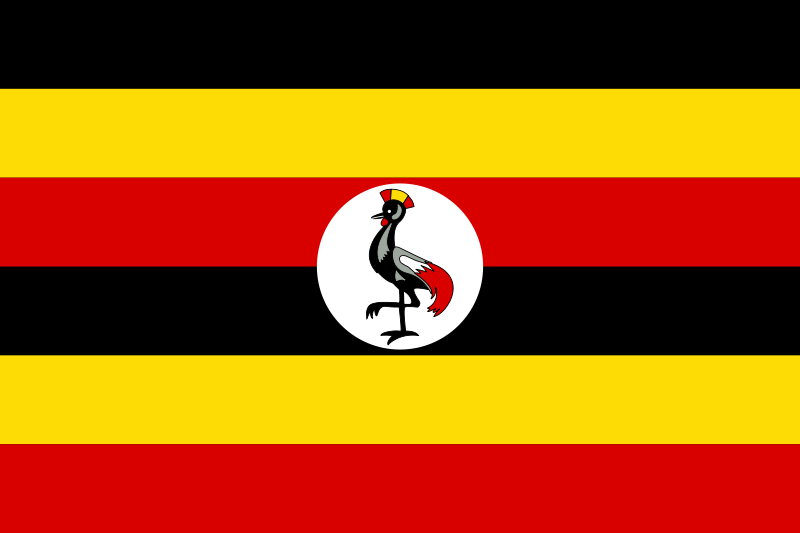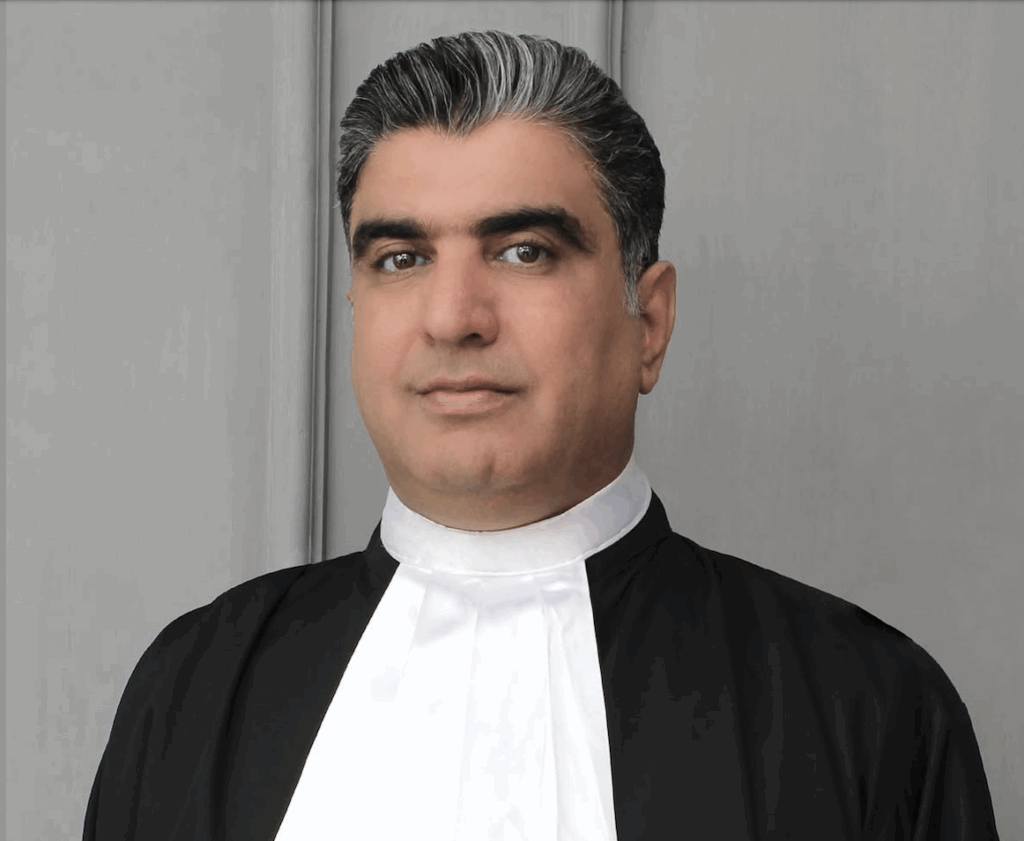L4L and IBAHRI have written a joint letter to multiple UN Special Rapporteurs and ACHPR Special Rapporteurs (African Commission on Human and Peoples’ Rights) to express concern regarding the Ugandan legal independence and to request an urgent appeal to the Ugandan authorities.
The letter centers around recent judicial orders barring Ugandan lawyers from meeting to discuss alleged threats to the independence of the Ugandan judiciary, and other restrictions, in apparent violation of their rights to freedom of expression, association, and peaceful assembly, and to the independence of the legal profession. The recent orders follow a steady decline in judicial independence through executive interference in the country, particularly in the role of Ugandan judges in matters of public interest. This has now extended to unduly restricting the legitimate activities of the legal profession responding to the illegitimate interference within the judiciary.
In recent months, Ugandan lawyers have become increasingly vocal regarding threats to judicial independence in Uganda. In response to petitions from its members to discuss the alleged judicial impropriety in the Tilenga project matter, the Uganda Law Society (ULS) called for an Extraordinary General Meeting to be held on 12 January 2024. However, the Attorney General then lodged an urgent application asserting that the ULS lacked the appropriate jurisdiction to hold such a meeting pertaining to judicial misconduct. He asserted that the meeting could potentially cause prejudice to the Attorney General and compromise the independence of the judiciary. The High Court granted the application and issued an interim order blocking the meeting.
Many Ugandan lawyers and citizens have publicly criticised the judiciary for actions that are perceived to fall short of its highest function to check abuse of power and human rights violations. They have also criticised the restrictions on their freedom of expression and assembly, to meet and discuss such matters. They argue that the proposed ULS Extraordinary General meetings fell squarely within the ULS’ founding objectives under the Uganda Law Society Act.
Read the full letter here.




